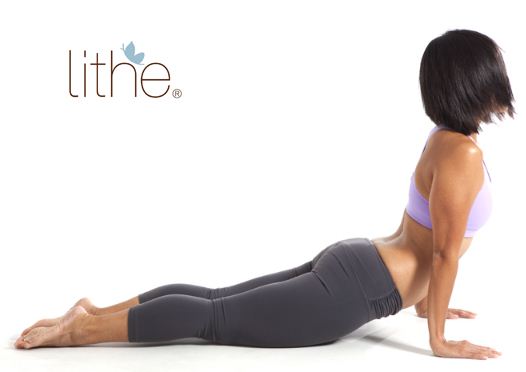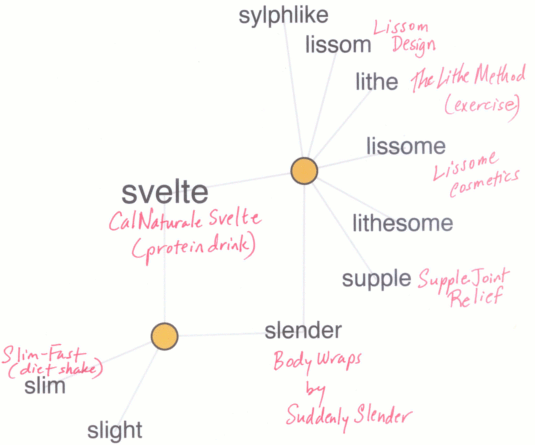Wordshop
Vocab activities for your classroom
Going on a Word Safari
I recently watched John Pollack's YouTube video of his "pun safari" where he combed the streets of New York City trying to spot images of puns (such as the restaurant sign "Ciao for Now" and the waitress's "Bored of Education" T-shirt). Even though I find this kind of humor a bit painful, the video did support Pollack's call for awareness that "puns are everywhere." The video also made me think about how useful it could be to challenge students to take their own "word safaris" to document the prevalence of the words they are learning.
We all know the sensation of what it's like to learn a new word, and suddenly that word seems to pop up everywhere. Of course, you have been exposed to that word repeatedly, but only when you commit it to memory do you become aware of how common it is. That's what sending your students on a word safari can do for them; it can contribute to a sense of word consciousness, and they will begin to see the words they are learning all around them.
A word safari doesn't need to take to the streets like Pollack's pun quest did (although it could). You could send your students on a word safari via the Internet. In a recent vocabulary class I was teaching, students were stuck on the word lithe. They just couldn't remember its meaning as "moving and bending with ease." I displayed lithe's Visual Thesaurus word map on the SMART Board and by right-clicking on the word and performing an image search, my students were struck by the various images of women bending with ease in exercise routines. We even discovered a web site for "The Lithe Method" — an exercise studio that promises to deliver lithe bodies.

The discovery of The Lithe Method led to a discussion about how companies choose brand names. Students were surprised to learn that branding experts often use a thesaurus to help them come up with apt and appealing words for their products. With this idea in mind, choosing a word map chock full of "attractive adjectives" could be a starting point for a fun word safari for words used in brand names. Using the words in a particular word map, challenge students to find products that take advantage of those words' positive connotations to lure consumers. Here is a word map for svelte that is annotated with the brand names I found during my ten-minute word safari:

In my ten minute Google search, I discovered products using seven out of the ten words in this svelte word map. A discussion prompt like "Why didn't I find products with slight in their brand names?" could generate an interesting discussion about shades of meaning, connotation, and sound. Would you rather be called slender or slight? Even though these words may share similar definitions, slight has a neutral or negative connotation while slender packs a positive connotation. Would someone really want to brand a body wrap as "suddenly slight"?
Of course, a word safari doesn't have to be virtual. Sending students to literature anthologies, to song lyrics, to the mall, or even to the grocery store with the mission to find a set of particular words will accomplish the same goal — to help students understand the words' nuances and to help them realize that they may have been overlooking those word all along.


